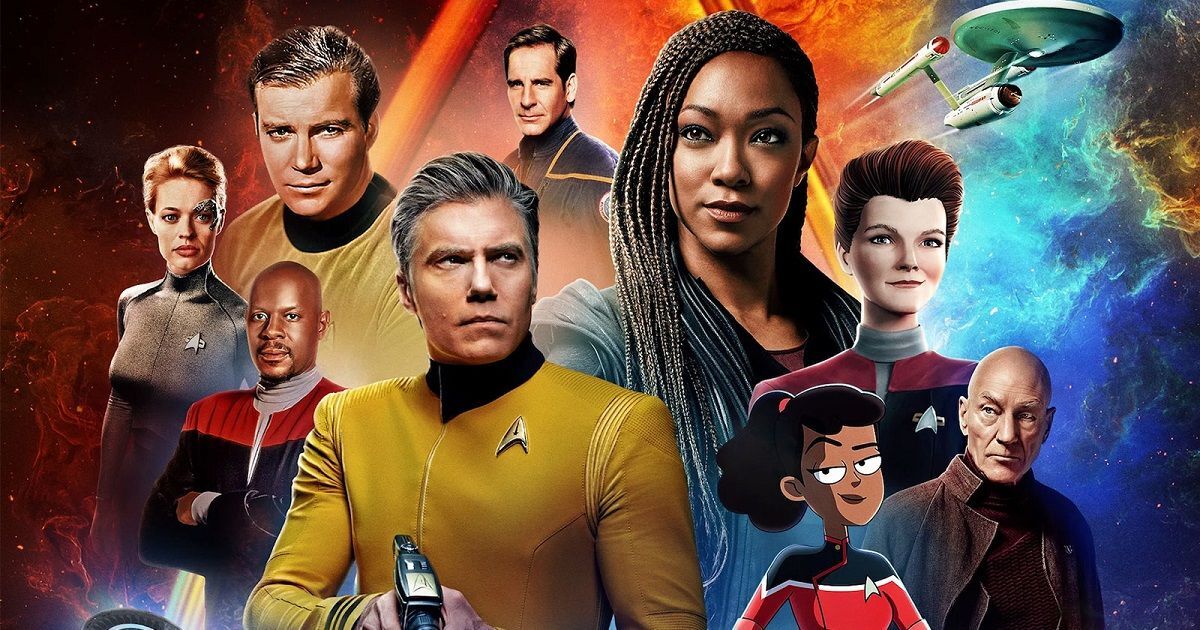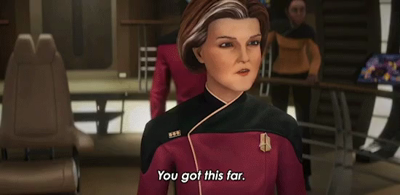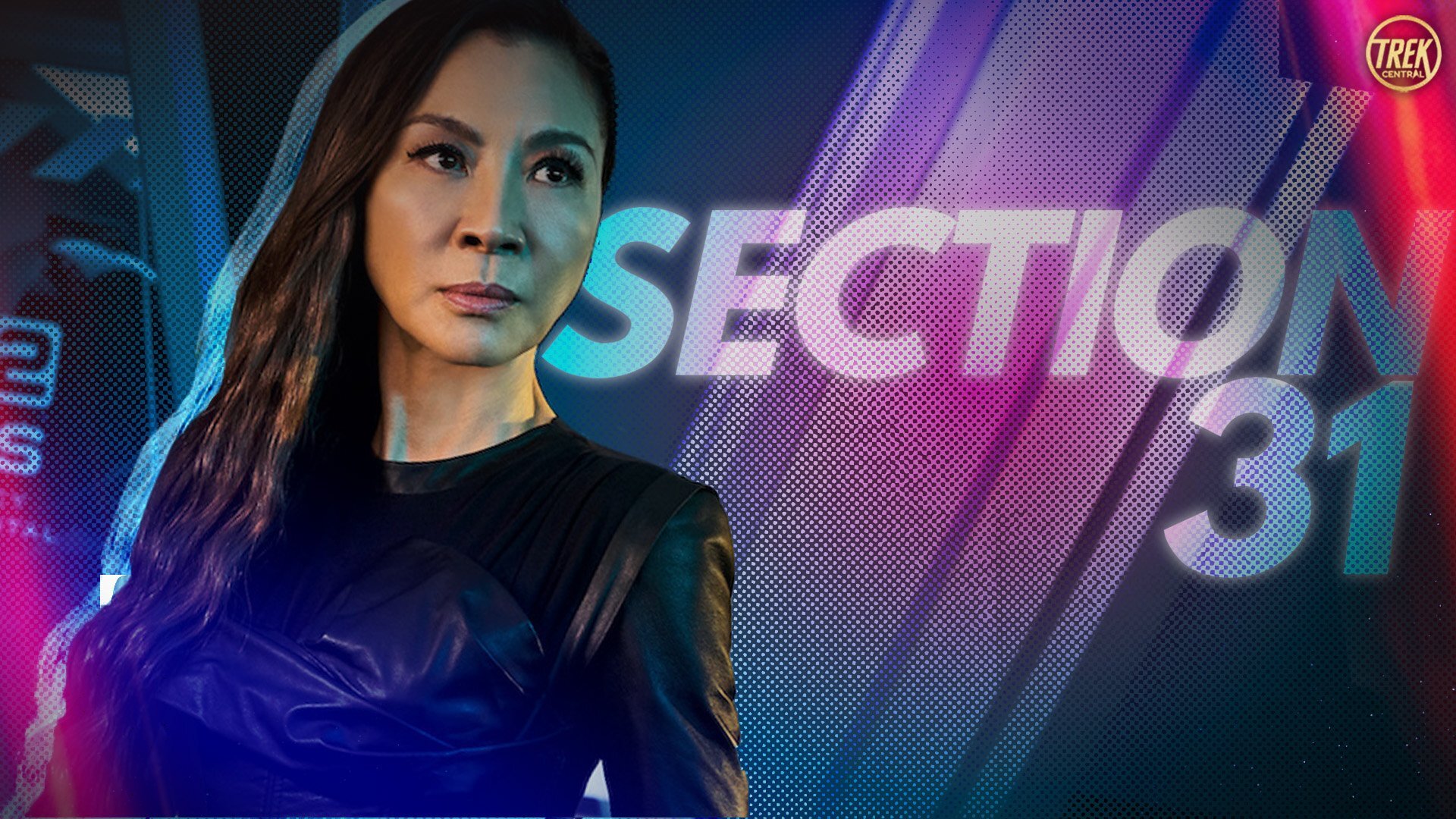

The sale is supposed to last until the end of today September 15th. Usually, that would be until midnight Pacific time.
Suggest trying through the link on the officials Star Trek website to follow through to Steam: https://store.steampowered.com/sale/StarTrekDaySale
We picked up 3 copies of Resurgence the evening of the 14th from Canada.











There’s currently an Redexit of Canadians who are looking to get off US-controlled social media.
Lemmy.ca has had a huge spike in enrolment as it’s the one that was most prominently promoted in r/BuyCanadian. Apparently, it’s had over 9k signups in the past day.